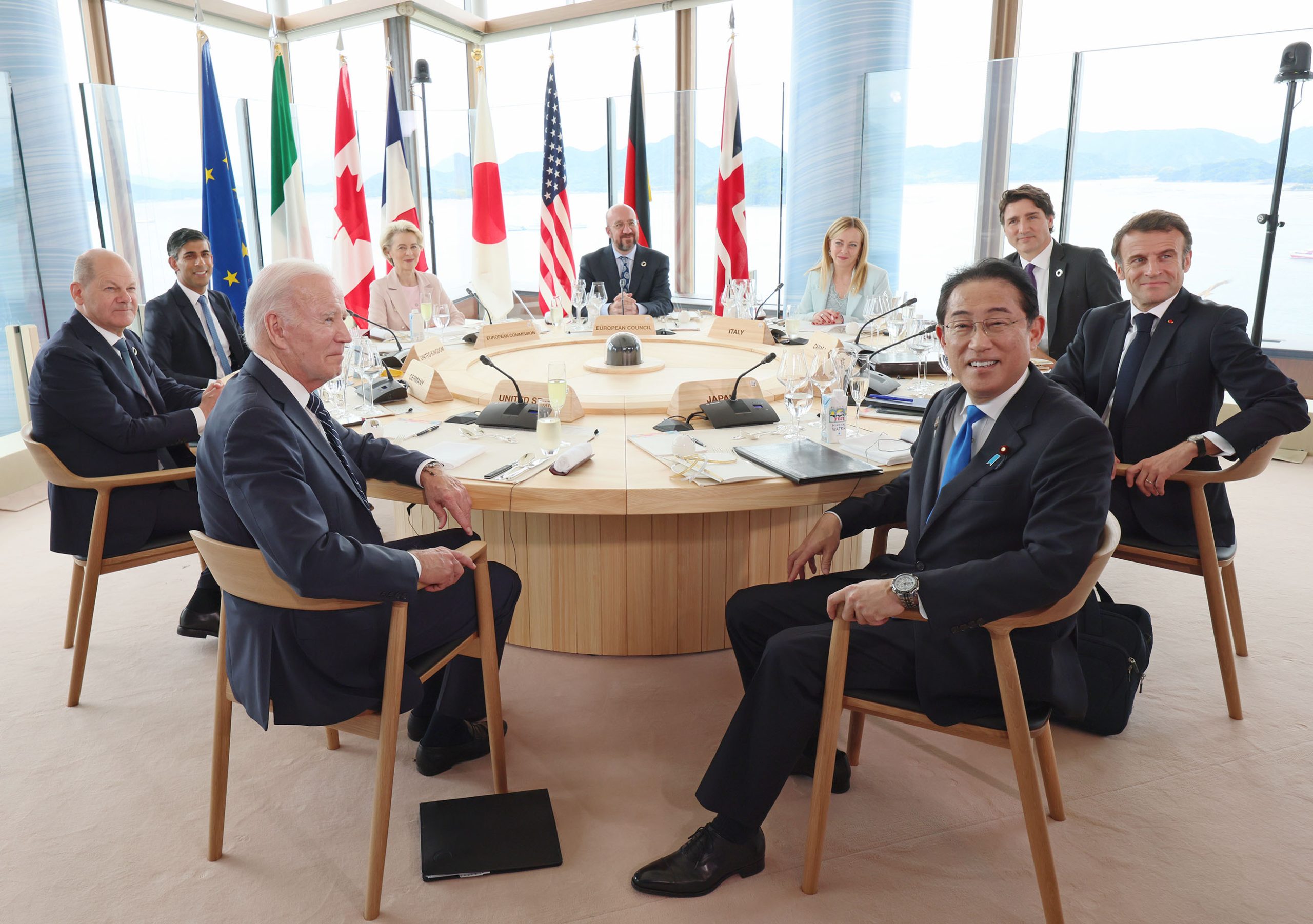The G7 has developed a “code” whose objective is to reduce the risks created by the ever-rapid development of artificial intelligence.
The regulation of artificial intelligence can only be done at the international level. It’s an idea that both major players in the sector, such as OpenAI boss Sam Altman, and those in power agree on. It is with this idea that a world summit on the issue will be organized at the beginning of November. An initiative preceded by another, led by the G7, which has just published a “code of conduct” on AI.
The 7 countries have agreed
The seven major industrial countries of the G7 are today completing a cycle that began last May during a ministerial forum called “Hiroshima AI Process”, the objective of which was to produce regulations on artificial intelligence. Although a complete set of rules has not yet emerged, governments have nevertheless been able to agree on the essentials.
So, according to Reuters, the G7 will officially announce today the creation of a code of conduct on artificial intelligence. The latter should serve as a basis for measures that States will subsequently take to try to reduce the ever-increasing risks posed by this technology.
An 11-point agreement
The code in question has a total of 11 points, and has “ aims to help capture the benefits and address the risks and challenges posed by these technologies. » In detail, he asks companies in the sector to carry out regular audits to identify risks and eliminate them, but also to detect the misuses made of their products once made public.
The agreement is seen to be non-binding, unlike measures already taken in China, or which are currently being developed at the level of the European Union. But the transnational side of the document, going from Japan to the European Union, via the USA, could push for the harmonization of possible rules in the future.
Source : Reuters

0